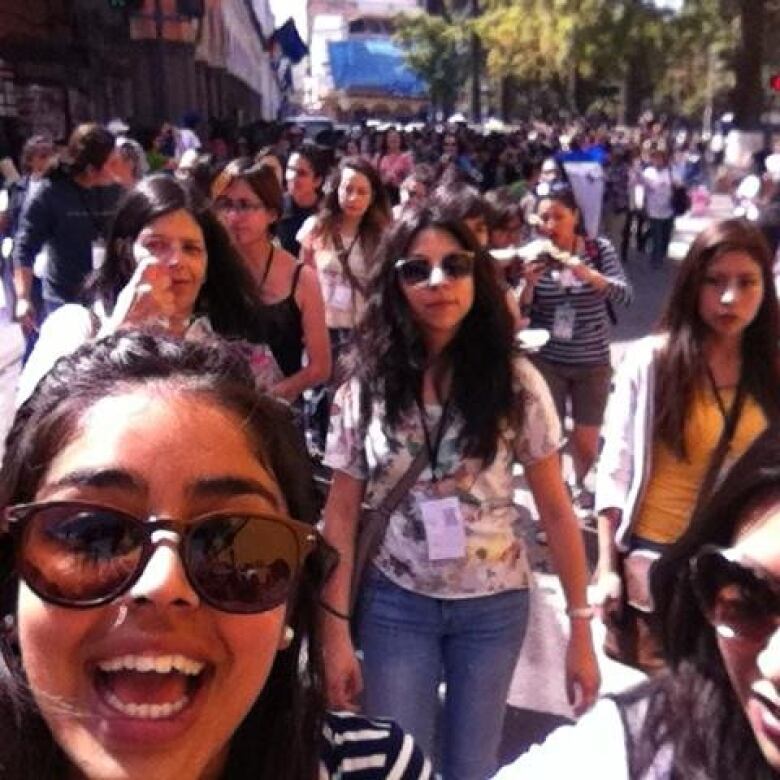'Go home, we voted Leave': UK sees spike in hate crimes after Brexit vote


Last week, UK residents voted to leave the European Union in the so-called Brexit referendum. And there were fears that the results would invite xenophobia and anti-immigrant sentiments.
And that's exactly what happened. Over the weekend, these leaflets made the rounds on social media:
This act is not an isolated one. According to Britain's National Police Chiefs' Council, hate crimes have risen by 57 per cent since the referendum results came out.
Karissa Singh isn't surprised by those statistics. She and her brother were targeted last Friday at a bar in London.
"A middle-aged white man ambled into the bar area. He came over to us, saw we were happily enjoying our drinks and unleashed this verbal abuse on us," Singh told As It Happens host Carol Off.
"He said that he didn't care if we were here to be doctors or lawyers. We should just go home and do it in our own country. And that we would never be real British like he was," she recalls.

Singh's parents are from Bangladesh and Trinidad and Tobago, but she was born in Wales. She was so shocked by the incident that she decided to launch a Facebook page to keep track of others' experiences of discrimination, post-Brexit.
"We've had hundreds of stories coming in. The main theme that's been going around is 'Go home, we voted Leave, so pack your bags.' But there's been some more serious incidents, like assault. There's been a Molotov cocktail thrown into a Halal butchers shop," Singh says.
Singh doesn't believe it's a coincidence that hate crimes have spiked since last Thursday's referendum results. She says a big part of the Leave campaign centred around anti-immigrant rhetoric, which gave people permission to express these views publicly.
"The Brexit referendum has emboldened people who were most likely racist before. Now these people believe they have a democratic mandate for their racist hate."

Singh will soon be moving to the United States to pursue a graduate degree. But she says she feels a responsibility to return home to Britain.
"I feel like it's my duty to my country to come back and fix the situation, to make whatever small difference I can. I would come back and make sure that the family that I have here, which is a lot of people, feel safe and happy in the country that is their home."